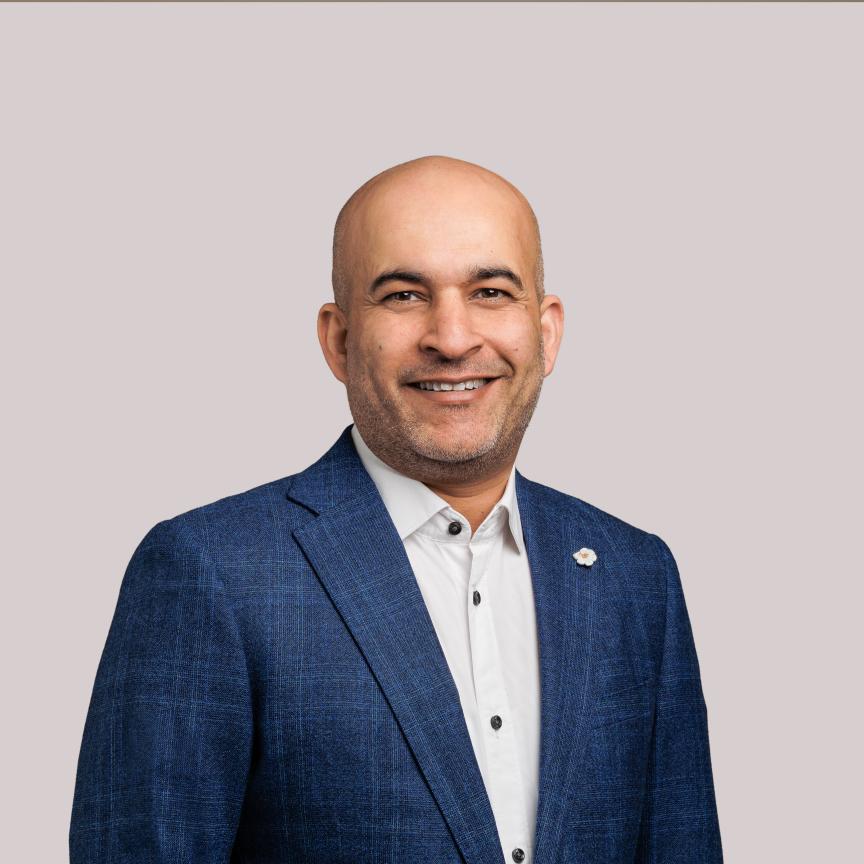Electro Optics talks to previous honoree of The Photonics100 Dr Stefan Weber, CEO and Co-Founder of Phaseform, a developer of next-generation adaptive optics systems in Freiburg, Germany.
What is the next big thing in your area of photonics research?
My area of photonics research, wavefront correction and adaptive optics (AO), will finally see affordable, easy-to-use, high-performance correction devices make their way onto every researcher’s optics table and become part of the design of many optical instruments. For example, Nobel laureate Eric Betzig predicts that in microscopy, AO will become as widespread as it is already in astronomy, and I expect the same to happen in other fields as well.
What do you think the biggest challenges in your area will be over the next year?
I see three different challenges. First, the hardware must become customisable and affordable; second, the integration of AO components into optical systems must be seamless; and third, the user experience must be right, meaning the technology must become virtually invisible to the end customer – microscopy users.
What is the biggest personal challenge you have overcome?
For me, the transitions from academia to the established optics industry and eventually to photonics start-ups were challenging, as the mindsets, approaches, and priorities were all completely different. I often found myself solving “problems” that were not (yet) problems – because I had been following my intuition and familiar heuristics, which was hard to change.
What advice would you give to someone embarking on a career in photonics research?
Many paths lead to a career in photonics. All you need is a flair for light – a thread that runs through your professional development, which can be in any number of technical or commercial fields. Ask yourself: what does what I am currently researching, developing, or marketing have to do with light? That perspective will allow you to build a set of competencies to be successful in such a wide technical area.
Who has been the biggest help to you in your career?
These have always been the people and mentors who have challenged and supported me across technical and business fields – helping me "translate" concepts to different groups with different experience histories.
Who, in your opinion, are the up-and-coming R&D ‘rock stars’ in your area or organisation?
I am glad that there are many people and companies in my industry that radiate a "lighthouse effect" and that it’s not just a few top scientists and major companies. This diversity allows for great dynamism and a fast pace of progress. Still, more coordination and collaboration projects are needed to really exploit the great overlaps and synergies that underlie our photonics ecosystem.
You can make your nomination for The Photonics100 2024 here.


